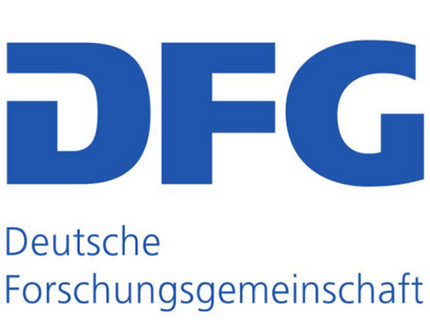Background:
New professions are arising as a result of digitalization, that largely depend on digital infrastructures such as platforms and algorithms. Nowadays people can earn a living by creating, uploading, and promoting content on user-driven platforms like YouTube. The role of the YouTube algorithm and the relevance of digital parameters such as likes, views, etc. can create new social inequalities in terms of income generation and visibility. This specific occupational field of YouTubers and its immanent inequalities have hardly been researched so far.
Main research question:
Which social inequalities are emerging within the new occupational field of YouTubers? Which strategies do content creators implement to use this algorithm-based platform professionally?
The main research question investigates:
Key aspects of the professional practice of YouTubers are being analyzed in relation to self-economization, careers and strategies, professional identities, and the importance of social recognition. Here, the emergence of social inequalities (vertical and horizontal) in algorithm-based labor markets is a core object of investigation. Furthermore, three different data collection methods are used: qualitative interviews with content creators, API-based data from YouTube, and a survey that interviews German YouTubers. By collecting YouTube-based data, new methods for capturing demographic variables in the digital world based on YouTube channels will be tested.
Research objective:
The goal is to identify YouTube as a new occupational field with regard to the digital transformation of society and the potential emergence of new social inequalities. Furthermore, social stratification analysis is to be extended by new digital methods.

